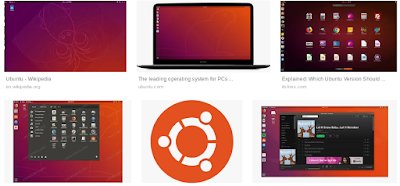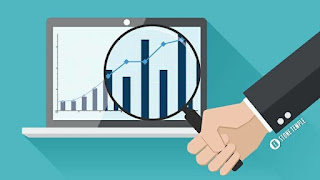Pinch to zoom in/out mouse pad on a Linux laptop

Here is another useful tip that I have learnt today. A Mac and many other modern laptops all have this function. You can zoom in and out of the screen simply by pinching or spreading your fingers over the mouse pad. In Ubuntu, what you do is to hold the Ctrl button, and then scroll up or down with two fingers as you normally would to move the page. This would zoom in and out of the page. ********* Do you use wifi in public places or travel abroad often? Do you worry about cyber security? Get added security with a reliable VPN. Get a reliable VPN today for less than £3/$5 a month.



